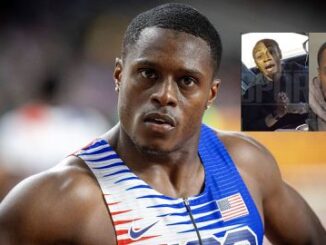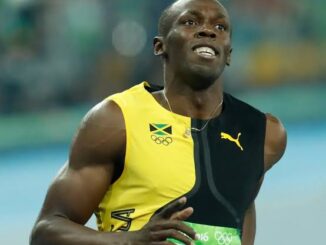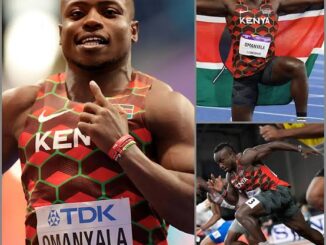
Winter Olympics star BANNED from rest of Games after fighting rival as statement released
A dramatic controversy has rocked the Winter Games after a leading medal contender was banned from the remainder of the [MORE DETAILS]

A dramatic controversy has rocked the Winter Games after a leading medal contender was banned from the remainder of the [MORE DETAILS]

Jamaican sprint queen Elaine Thompson-Herah has broken her silence in an emotional message paying tribute to fellow track [MORE DETAILS]

Keely Hodgkinson has never been shy about her ambitions, but her latest performance suggests those ambitions are no [MORE DETAILS]

Julien Alfred wasted no time reminding the world why she is one of the most electrifying names in [MORE DETAILS]

Femke Bol has long been the queen of the long hurdles and a dominant force in the 400m, but [MORE DETAILS]

Olympic sprint star Sha’Carri Richardson has pleaded not guilty following her arrest in Florida on a charge related [MORE DETAILS]

Christian Coleman has built a career on speed, precision, and the ability to respond when the pressure is at [MORE DETAILS]

Usain Bolt’s name remains synonymous with sprinting greatness. More than a decade after setting the world records in [MORE DETAILS]

Usain Bolt’s 100-metre world record of 9.58 seconds has stood untouched since the Jamaican icon set it at [MORE DETAILS]

Africa’s fastest man, Ferdinand Omanyala, continued his early-season build-up by finishing eighth in his second competitive outing of [MORE DETAILS]
Copyright © 2026 | MH Magazine WordPress Theme by MH Themes